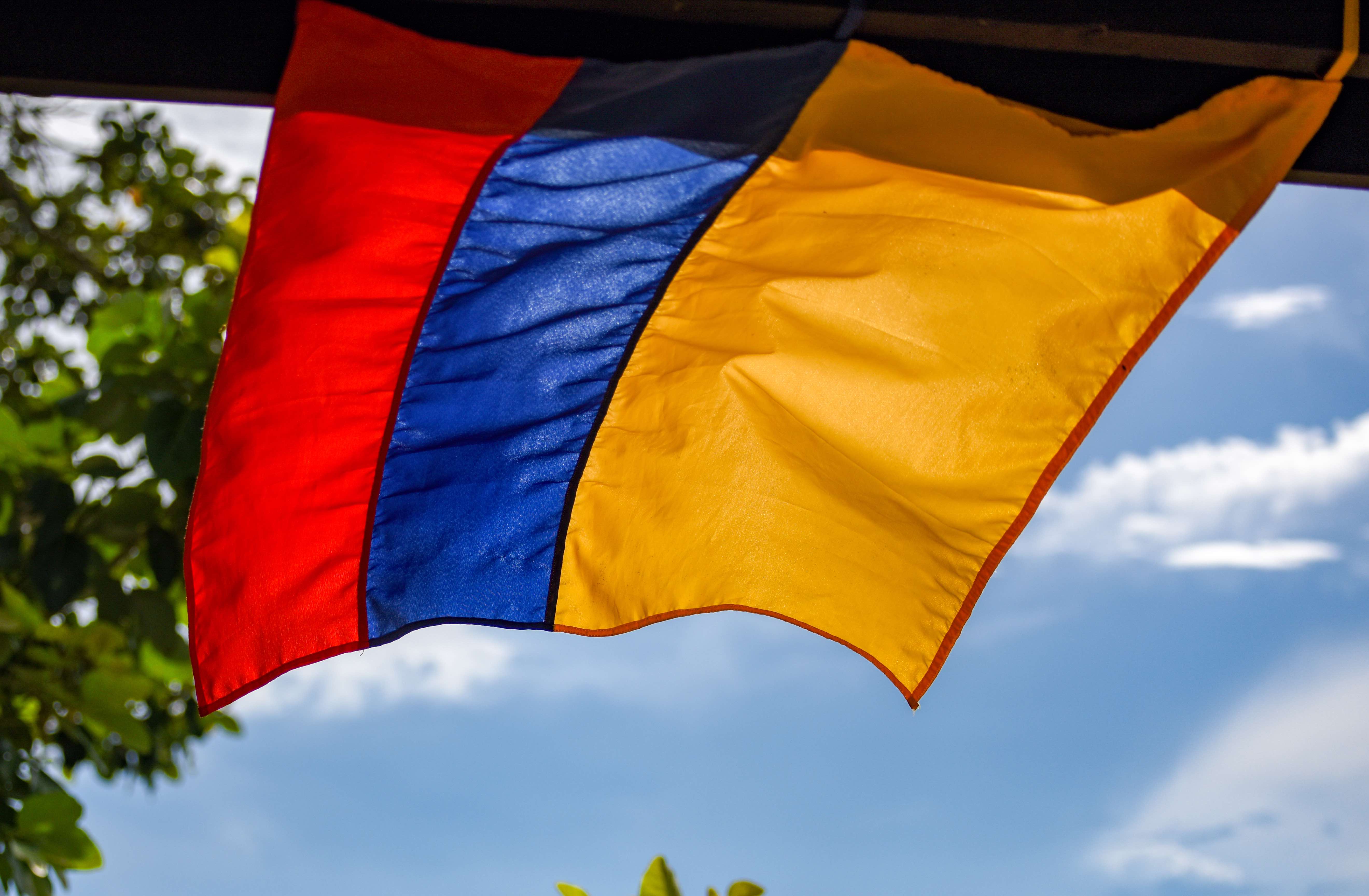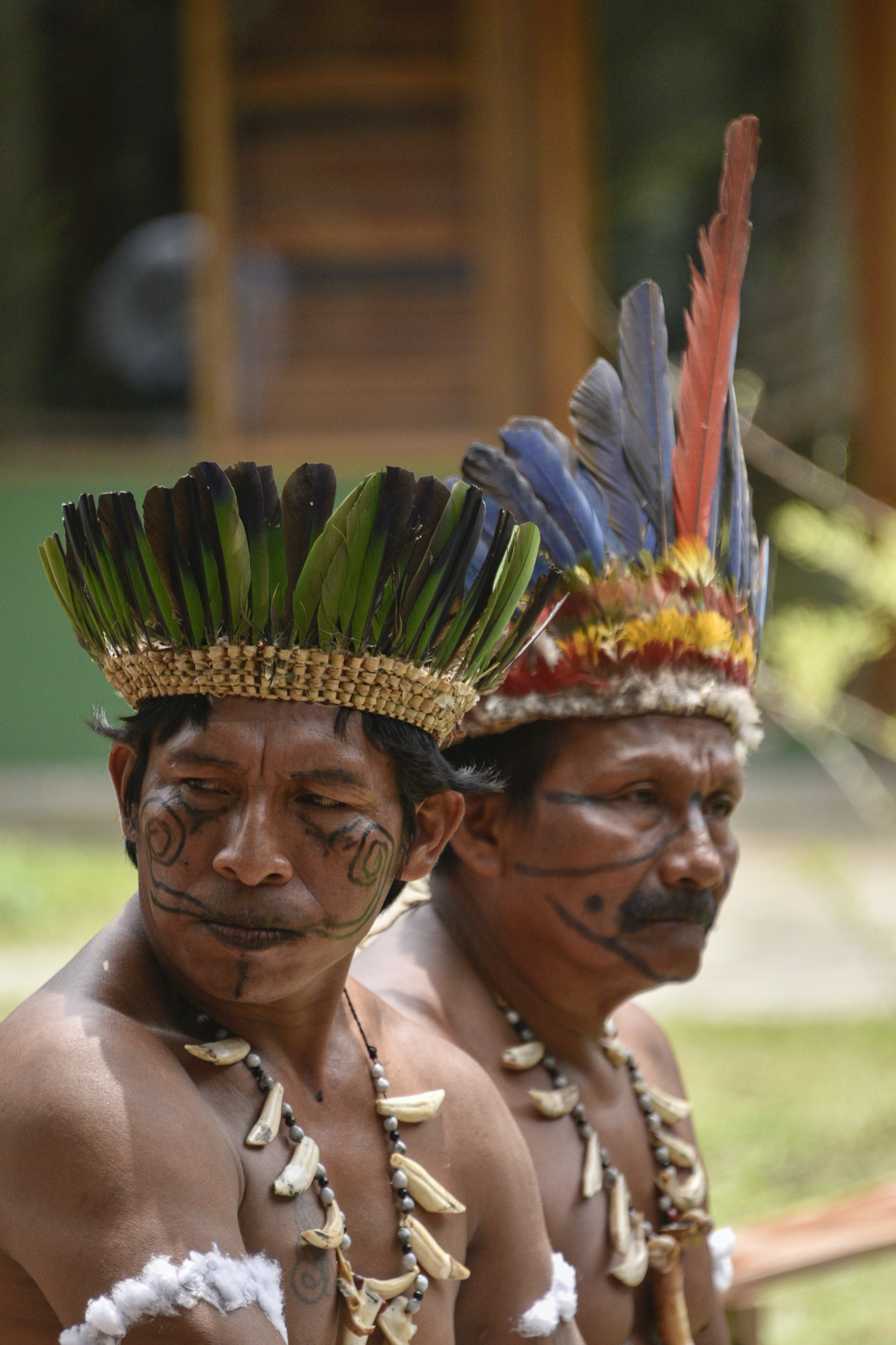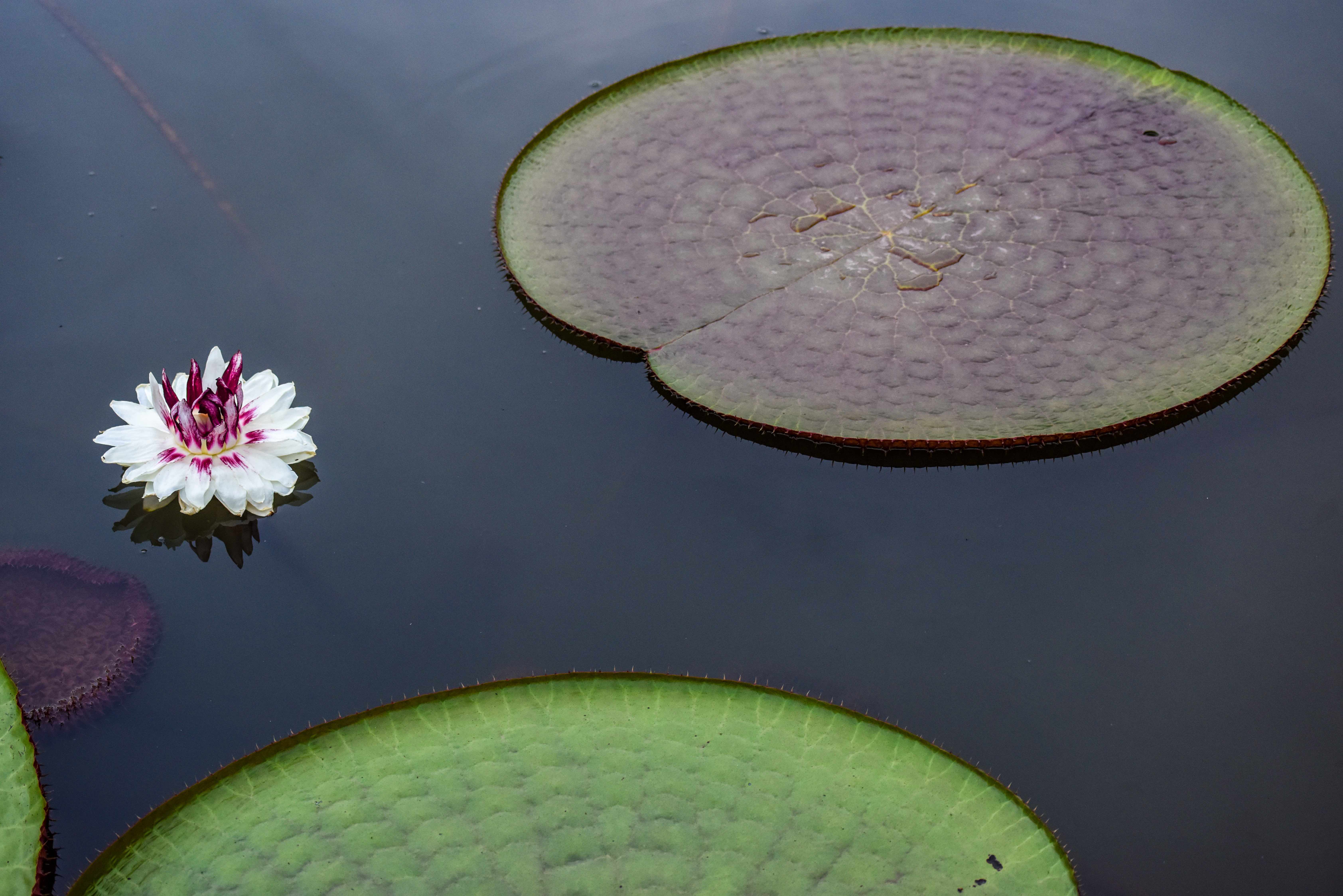On April 30, 75-year-old Antonio Bolívar died after a week-long battle with COVID-19. People remember Bolívar as a beloved figure in the Amazon, known for his performances in the Oscar-nominated Embrace of the Serpent and Netflix’s Green Frontier. Abuela Aurelia of the Jitómagaro clan and Abuelo Pedro died shortly after. According to locals, three more elders have died since—all of whom served as cultural and spiritual pillars of their small Amazonian tribes.
The first cases took people by surprise. Far from the COVID-19 epicenters in Europe and the U.S., Indigenous communities expected to stay safe from the pandemic, tucked away as they are in remote jungle towns of Colombia’s Amazon. But when the virus arrived, it struck rapidly and at the very core of the communities: the elders.
The coronavirus is deadlier for adults older than 70 years old. While this finding seemed to ease fears in Western society where senior citizens have been treated as expendable, it has alarmed Amazonian tribes who turn toward their elders for leadership, spiritual guidance and the preservation of their cultural heritage.
“When an elder dies, it leaves an enormous void in the community,” says Nelly Kiuru, a spokesperson for the National Indigenous Organization of Colombia (ONIC) and a member of the Amazonian Murui Muina people. “Herds in the jungle have a guide and without that guide, the herd disperses. That happens too when an elder dies and it’s why we insist on their protection.”
This has proved incredibly difficult. The Amazonas province, where 60% of the population is Indigenous, has the highest per capita infection figures in the country—eclipsing even Colombia’s capital.At least 644 Indigenous people have been infected there and 25 have died, according to the ONIC, which has kept a tally of Indigenous cases nationwide. A handful of cases have also been reported in the rest of the five provinces that constitute the Colombian Amazon, a region historically neglected by the state and especially vulnerable to the virus.

COVID-19 is expected to overwhelm historically weak public institutions and, in Amazonas, it already has.
After the first cases permeated the border with Brazil, the country with the highest COVID-19 count in Latin America, the virus spread like wildfire. A month after the first diagnosis was made, the number of cases jumped to 1,000. The sick quickly filled the sole two health centers in the province of 80,000 people. Without an ICU unit in either hospital, severe patients were flown to nearby cities. Health personnel required to work without PPE quit within the first few weeks of the outbreak.
“The pandemic has visibilized the state neglect we live in the Colombian Amazon,” said Julio César López, president of the National Organization of the Indigenous Peoples of the Colombian Amazon (OPIAC). Government corruption has compounded this problem, siphoning off much-needed resources. Many communities are also still reeling from historical injustices such as slavery and genocide instated by the rubber barons in the early 20th century and evangelization imposed by Catholic missionaries since the 16th century—both of which have decimated their people and eroded their cultural institutions.
In the face of these challenges, Indigenous communities have opted to close off their villages to combat COVID-19 and retreat further into the dense tropical forest. One of their main concerns is the health of their elders.

The Colombian side of the Amazon accounts for almost half of the country’s territory in which there are 64 Indigenous communities—many of which only have a population of less than 1,000. Their cultural survival largely depends on the abuelos, as they are known locally, who are specialists in spirituality, historic memory, botany, traditional medicine and music. For local Indigenous communities, knowledge of sound and song is especially important given that lore dictates that the universe started with a song.
“The universe was made with songs, so singing is reviving and recreating the world. This means you can’t make a mistake when you sing,” said Carlos Rodríguez, the director of the non-profit Tropenbos Colombia, who has studied the Amazon extensively. “The youth may know the lyrics, tone, and rhythm used in songs, but they don’t always know the meanings behind them.”
According to Rodríguez, songs recited in ancestral languages return spiritual balance to the communities; oral stories help the tribe understand their relationship to the rest of the world and nature. Elderly women also play an important part in the practice of these teachings via their knowledge of some 140 seed varieties used in the ecologically sustainable polyculture plots known as chagras.
When elders die before their time, the community loses some of this specialized wisdom. “There are parts of the songs, the rituals, the cures, the narrations that have been lost,” Rodríguez says.
In some cases, elders may also be one of the last in their lineage to speak an endangered language. When Antonio Bolívar died, ONIC’s communications coordinator Kiuru was developing an educational video series for children on the Ocaina language. According to Kiuru, only 200 Ocaina people were left in Colombia (including Bolívar) after the onslaught of the rubber companies in the Colombian Amazon.
“Abuelo Bolívar was the last person in Leticia [Amazonas’ capital city] to speak the language. Our wish was to bring the Ocaina people that were taken to Peru together with Bolívar, but ultimately this didn’t happen,” Kiuru explains.
With the Indigenous Communications School of the Amazon Ka+ Jana Uai (“The Voice of Our Image”), Kiuru has worked to bring youth and elders together again. Discrimination faced in state-run boarding schools has ignored the importance of an Indigenous-minded education. Increased connectivity with the Western world, Kiuru says, has also enticed children to abandon their native customs.
While there are no wide-reaching public programs to fortify cultural traditions, private organizations such as the Voice of Our Image are facilitating meetups between children and elders—the way knowledge has historically been passed down from generation to generation. Kiuru has also recorded millennial chants and languages to help preserve oral traditions at risk of disappearing completely.

But, with the COVID-19 outbreak, all plans were postponed. Elders, who have experienced previous deadly outbreaks of measles and malaria, have encouraged their communities to isolate as they have done in the past. While the rest of the country prepares to re-open, Indigenous authorities said they will decide on their own terms when to lift the quarantine measures.
Recognizing the importance of elders, Kiuru kick-started a crowdfunding campaign to provide financial support. “Families were calling us to tell us the elders needed help, so out of desperation, we started the Vaki fundraiser,” Kiuru tells Remezcla, adding that the funds are intended to buy medicine, food and PPE for elders throughout the province.
But Kiuru insisted that greater institutional support is needed. The Coordinator of the Indigenous Organizations of the Amazon Basin, an association that brings together the national Indigenous organizations of the Amazon basin, agrees. It has called on the nine governments that make up the region to take immediate action, including the distribution of COVID-19 information in Indigenous languages and the reinforcement of public health institutions. Their cultural survival is at play.
“We’re fortifying our culture with our language, our worldview, our dress, our customs,” López says. “We ask the government to help us—because we’re Indigenous and we want to continue to live that way.”







